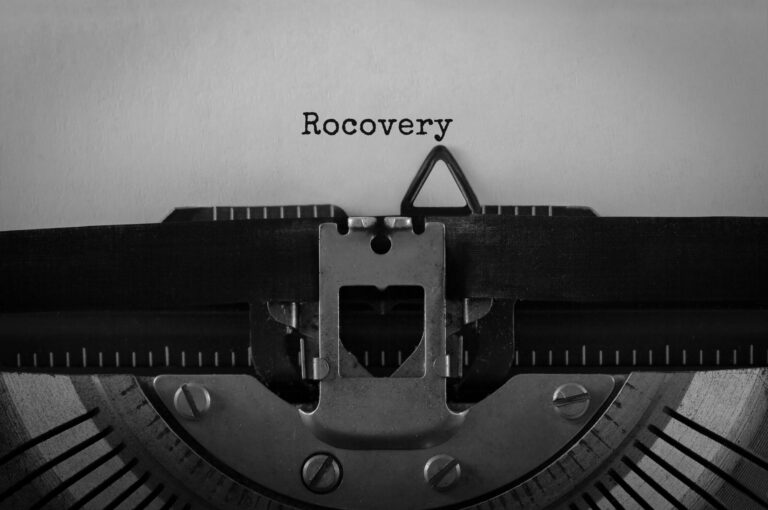According to the World Health Organization, 3 million deaths every year are attributed to alcohol consumption. This is 5.3% of the worldwide population, which is not a small number at all. Alcohol is very addictive and is a vicious cycle that’s hard to get out of. If you are having trouble staying away from alcohol and substance abuse, you might be considering professional help.
Places like inpatient treatment communities help patients deal with their addictions. Generally, alcohol treatment is divided into two categories, inpatient and outpatient. Depending on the individual and their needs which are determined by your professional, you will identify which one is right for you.
To learn more about the difference between inpatient and outpatient treatment, as well as the benefits of each, keep reading.
Inpatient Alcohol Treatment
Inpatient treatment refers to patients who are required to stay at the facility for the duration of their rehabilitation. Depending on your doctor’s evaluation, which is based upon the seriousness of your addiction, your living situation, your social surroundings, and your health condition, they might suggest that the inpatient program is right for you.
These residential care programs consist of 24-hour care by trained specialists, mental health professionals and drug counsellors. The short-term programs last between 3 to 6 months, whereas the long terms last anywhere between 6 to 12 months. All of the treatments are individual, tailored to the needs of each patient in order to get the maximum of rehabilitation and achieve positive results.
Outpatient Alcohol Treatment
Depending on your doctor’s evaluation, less severe addiction, good living conditions, and positive social surroundings, they will suggest that an outpatient program is right for you. Outpatient treatment refers to patients who are required to come to the facility as needed.
These programs vary in length; however, they allow the patient to be able to carry on their daily routines while still receiving the treatment. This is usually a 12-step program that provides a counselling group which you visit once or several times a week and discuss your progress.
In some cases, people that have previously been in inpatient care transfer to outpatient care as their condition betters.
The Benefits of Inpatient Treatment
Both in-patient and out-patient conclude with a detoxification period. This means that with the help of professionals, you will go through a withdrawal process. All programs provide this essential step that will guide you toward a free alcohol future. The withdrawal process occurs if a patient consciously or subconsciously becomes dependent on alcohol.
It is advised that when going through this process, you are accompanied by professionals who will make your experience as smooth as possible. Talking to your doctor about the right way to approach this matter will surely be of great benefit to you.
Getting alcohol completely out of your system is crucial so that you can begin your journey towards sobriety. Furthermore, remaining sober is also a process and does require work and dedication. Through this, support programs and trained individuals can be of great help to you as you embark on your journey.
This is why inpatient treatment is the most beneficial treatment, as you get access to trained professionals to help you through the hard process of withdrawal and the rocky road to sobriety. These professionals are at your disposal 24/7 and are trained to help in any situation.
Get Help Now At Altitude Recovery
It’s never too late to get help. At Altitude Recovery, we have a team of highly trained professionals ready to provide high-quality personalized treatment to our patients. Our tight-knit community is made up of like-minded individuals and trained professionals who offer solutions for drug and alcohol abuse.
Get in touch with us, and make the first step to recovery. The rest of your sober life starts with us.




